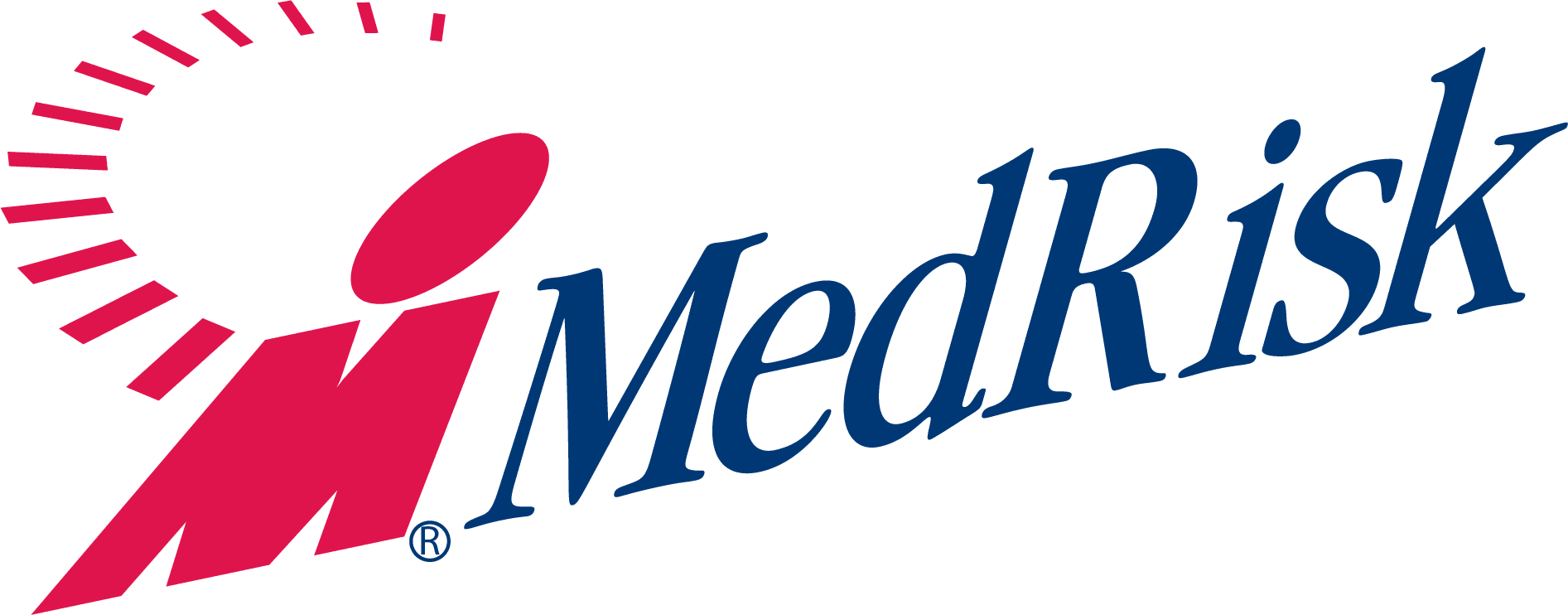Here is a summary of legislative and regulatory developments and challenges for the third quarter of 2022 and their practical implications:
Revisions to Texas HCN Regulations: The Texas Department of Insurance has adopted many revisions to the regulations governing WC Health Care Networks (HCNs). Many of these changes are more administrative than substantive, as TDI noted in July 29, 2022, issue of the Texas Register, but there are a number of amendments that will require compliance efforts by Texas WC stakeholders.
Among the material revisions are those that:
- require HCNs to provide detailed information about telehealth providers in their provider rosters
- require HCNs seeking certification to provide provider location maps for 21 specialties
- require TDI prior approval before HCNs change their service areas or merge with other networks
- add newly mandated language to HCN provider contracts
- tighten requirements for notifying employees they are subject to HCN rules
- require HCNs to show evidence of their provider recruitment efforts in non-qualifying geographic areas
- increase HCN recordkeeping requirements relating to provider complaints and appeals
Implications: The new HCN regulations recognize the growing prominence of telehealth services and represent an increased commitment by TDI to the proper functioning of HCNs. Nevertheless, Texas WC stakeholders will need to work diligently to ensure their compliance by the January 1, 2023 deadline, at which point HCNs are required to attest to their compliance.
Ohio Statute Defining Compensability of Work-From-Home Injuries: Ohio has enacted HB 447, which sets standards for WC compensability for injuries incurred by work-from-home employees.
Three criteria must be met:
- The employee’s injury or disability arises out of the employee’s employment.
- The employee’s employment necessarily exposes the employee to conditions that substantially contribute to the risk of injury.
- The injury or disability is sustained in the course of activity that is taken on by the employee for the exclusive benefit of the employer.
Implications: With a substantial proportion of the workforce working remotely and likely not returning to the office fulltime, legislatures are grappling with work-relatedness issues that at one time were self-evident, or at least settled law. WC stakeholders can expect lawmakers, regulators and jurists to continue to address these questions for the foreseeable future. The Ohio statute became effective on September 23, 2022.
California Study Law on Prompt Medical Treatment: California Governor Gavin Newsom has signed into law AB 2848, which requires the Division of Workers’ Compensation to contract with an outside independent research organization to evaluate and report on the impact of the delivery of medical treatment within the first 30 days after a claim is filed. The measure requires the report to be provided to the DWC Administrative Director, the Senate Committee on Labor and Industrial Relations and the Assembly Committee on Insurance before July 1, 2023.
Implications: This legislation can be seen as part of a continuing discussion in California regarding the function and value of registered Medical Provider Networks (MPNs) in delivering timely and accessible health care to injured workers. It is generally recognized in the workers’ compensation community that prompt delivery of health care services improves work-related injury outcomes and independent research has shown this to be the case.



